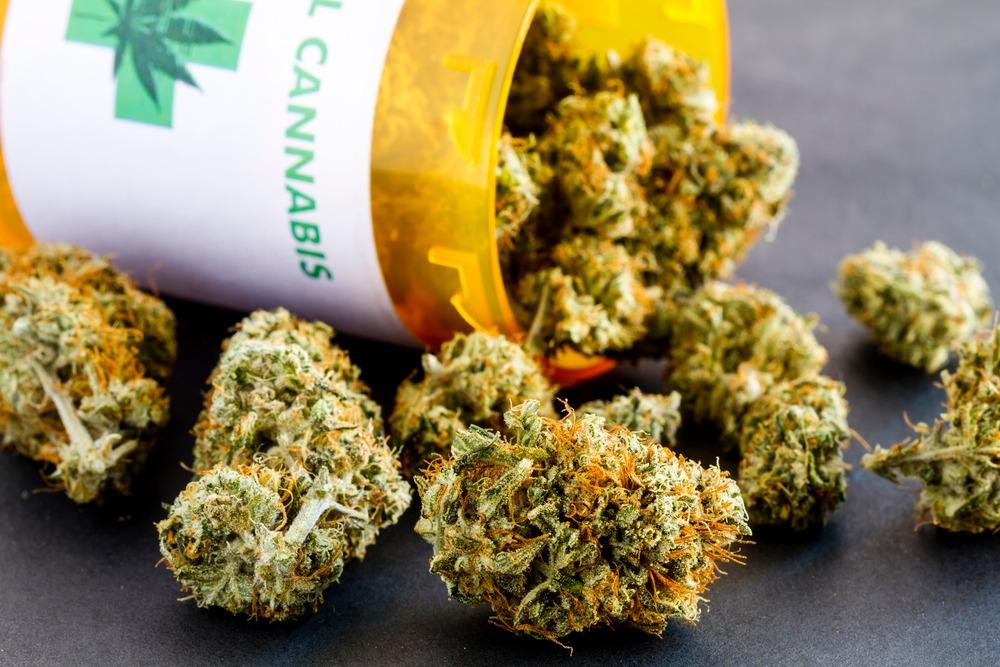Herb, weed, ganja, Mary Jane—no matter what you call it, marijuana is increasingly prevalent in modern society.
Since the discovery of its medicinal properties, people have generally decided that marijuana is okay to use regularly. While there are various factors to consider, many people do tend to use it sparingly.
But, as legalization continues to spread in America and with heavily increased THC concentration in modern strains of marijuana, doctors and therapists are noticing trends in marijuana use.
In short, yes, you can get addicted to marijuana use. It can lead to a less productive life or severely reduced motivation. Long-term marijuana abuse can lead to episodes of psychosis and even hallucinations.
What is Marijuana Use Disorder?
Marijuana use disorder is when a person must smoke marijuana to function. Severe cases can lead to addiction, and users may need to seek treatment to stop using the drug.
And, addiction can come in degrees. Up to 30% of marijuana users may be somewhat to fully addicted. And, if a user started smoking or ingesting marijuana before the age of 18, they are up to seven times more likely to become addicted to marijuana use.
In America, out of an estimated 4 million people who line up with the signs of marijuana use disorder, only 138,000 voluntarily decided to seek and get treatment.
Many clinics treating marijuana addiction find that around half of their patients who abuse marijuana are suffering from a mental health condition as well such as:
-
Depression
-
Anxiety
-
Schizophrenia
-
PTSD
You don’t have to have any of these conditions to experience marijuana addiction since marijuana abuse alone can create mental health issues.
Marijuana Abuse
Yes, states in America are beginning to legalize marijuana. Despite its social appeal, marijuana abuse is real and becoming more prevalent.
Physical signs for marijuana abuse include:
-
Nausea or vomiting
-
Child development issues when pregnant or after pregnancy
-
Heart rate increases
-
Problems breathing
And, like most drugs, there are mental side effects as well. Common mental signs of marijuana abuse include:
-
Anxiety
-
Increase in symptoms associated with schizophrenia
-
Depression
-
Suicidal thoughts
-
Paranoia or sporadic hallucinations
Compared to the marijuana of the 1960s through the 1990s, today’s marijuana is exponentially higher in THC concentration. Long-term abuse of marijuana may lead to the more severe symptoms listed above like paranoia.
Seeking Treatment for Marijuana Abuse
It’s hard to see yourself or someone else suffer the effects of drug abuse. If you or someone you love feels like they need a little help, there are options available for you.
While there is no approved medication for the treatment of marijuana addiction, you may find a drug treatment clinic that offers one of the following behavioral treatments:
-
Cognitive-behavioral therapy: CBT helps people recognize their problems and triggers and confront them over time for more self-control while quitting;
-
Motivational enhancement therapy: A more rapid approach to treatment, this form of behavioral therapy encourages a person to seek out change and to approach treatment in a more personalized manner;
-
Contingency management: You’ll be monitored frequently and rewarded when you achieve your recovery goals.
Many people that have experience with therapy find that taking multiple approaches can strengthen the recovery process.
If you try to reduce use or quit with or without professional help, know that some common withdrawal symptoms of quitting marijuana use include:
-
Mood swings
-
Agitation
-
Restlessness
-
Depression
-
Loss of pleasurable experiences
-
Sleep cycle adjustment
You may also find that your anxiety increases as you wean yourself off of the drug use and help your brain begin to regulate your mood again.
You Can Be Addicted to Marijuana
A common fallacy people have with marijuana is trying to compare it to other drugs. This false equivalency undermines the negative effects that long-term marijuana addiction can cause to your brain and body.
It is hard to admit you need to seek help, but there are treatment plans available. You don’t have to do it alone.








